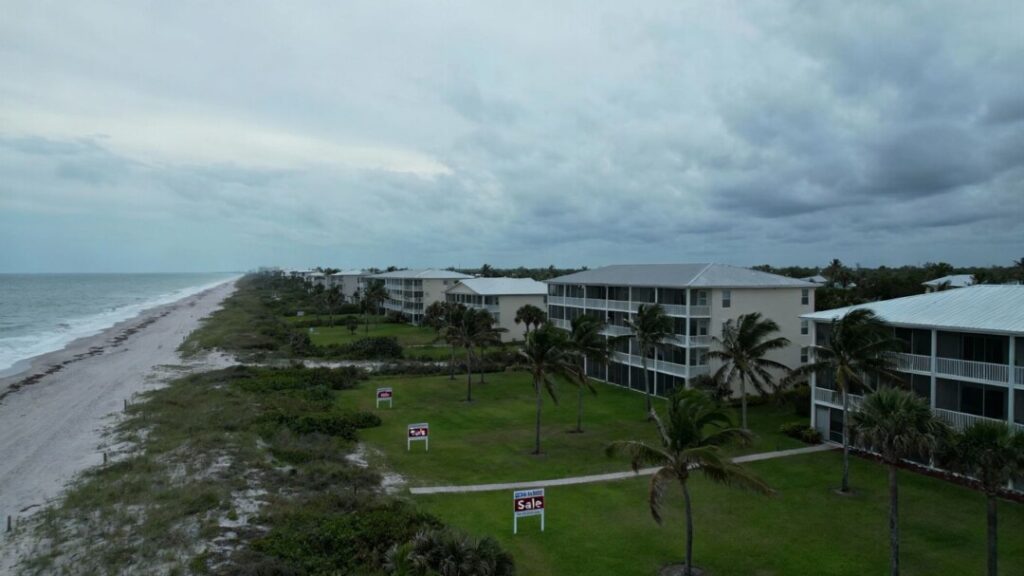Florida’s real estate market is experiencing mounting anxiety as a key group of investors rapidly pulls back, signaling wider financial uncertainties. Factors such as rising costs, increased regulation, declining immigration, and concerns over natural disasters are combining to dent confidence and trigger fears of a wider market crisis.
Key Takeaways
- Investor purchases in Florida dropped more sharply than in any other US state.
- High insurance, HOA fees, and new regulations are impacting property values.
- Falling immigration and global investment add to the downward pressure.
Investment Activity Shrinks Dramatically
Investor appetite for Florida properties is declining at a notable pace. Recent data shows that cities like Orlando, Miami, and West Palm Beach are among the hardest-hit, each registering significant double-digit drops in investor purchases over the past year. In the case of Orlando, investor home buys fell over 27%, the largest drop for any metro nationwide. This shift marks a sharp contrast to recent years, when Florida was a hotspot for those seeking rental income or fast property flips.
The Perfect Storm: Market Challenges
A confluence of factors is driving this investment pullback. Skyrocketing insurance rates, mounting homeowners association (HOA) fees, and new legislation requiring thorough inspections and higher reserves for condos have all intensified the cost and risk of property ownership. Especially in coastal metro areas, these measures have substantially increased holding costs, eroded profits, and made real estate less attractive — particularly for speculative investors dependent on quick turnovers or reliable rental returns.
Additionally, a record-high inventory of unsold homes is contributing to a more competitive—and less lucrative—selling environment. In January, Florida had over 170,000 homes on the market, an all-time high, putting further pressure on prices and investor sentiment.
External Factors Complicate Recovery
Broader economic trends are making recovery even harder. Nationwide, real estate investment has slumped to its lowest levels since 2016, hampered by high mortgage rates, inflation, and uncertainty over tariffs on building materials. Potential policy moves that could increase the cost of new home construction are also causing investors to hesitate, particularly those looking to build or renovate.
Notably, while much discussion has centered on domestic migration, a significant drop in immigration is now emerging as a critical vulnerability for Florida’s housing market. In previous periods, immigrants and international buyers often filled the gap in demand, propping up sales and values. Today, that steady influx has slowed, creating another challenge for sellers and developers.
Future Outlook: Uncertainty Remains
With investors reassessing risks and fewer international buyers entering the market, Florida’s real estate outlook has become increasingly clouded. Abundant listings, higher ownership costs, and tougher regulations all point to a potentially bumpy road ahead. Unless affordability and confidence can be restored, market sluggishness may persist, impacting not just investors, but homeowners and local economies alike.


